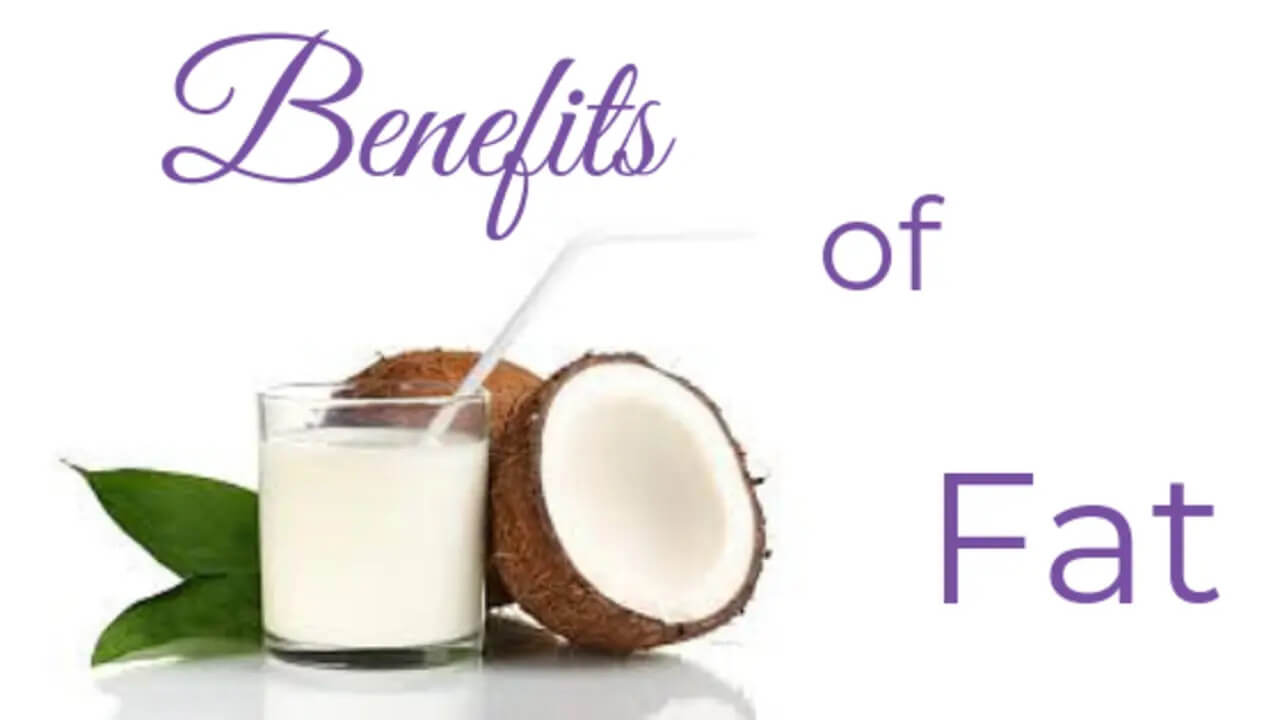
There is a lot of confusion about whether fat is the devil that should be avoided at all costs or if it actually provides health benefits.
This poor message all started in the 1950s with one seriously flawed study. One study examined 7 countries and their rates of heart disease. A correlation was made between countries with high heart disease rates and high cholesterol levels. A correlation was then made between high cholesterol and high fat consumption. Fat became something that should be avoided at all costs.
Unfortunately, the recommendations became unknowingly – carbs are great! Any and all are welcome (including highly refined simple carbs that provide little to no nutrition).
And heart disease rates continued to climb for the decades since then, even with numerous studies showing the original study was flawed. Some data had been disregarded (because it didn’t fit the hypothesis) and some data wasn’t considered. It wasn’t an accurate study at all.
Many studies have since shown the benefits of healthy fats and the essential nutrients we miss out on if we don’t consume enough fats and enough variety of fats. Cholesterol has also been vilified but has tremendous benefits.
So, what should we be consuming?
Fats come in several varieties – saturated, monounsaturated, and polyunsaturated.
(We aren’t even going to discuss trans-fats because they are factory created, not actually found in nature – and should be avoided at all costs; thankfully now they’re banned in the US!)
Saturated fats are fatty acids that contain no double bonds in their chemical structure. They are found to be solid at room temperature, in foods such as butter, coconut oil, and full-fat dairy.
Unsaturated fats (monounsaturated and polyunsaturated) are fatty acids that contain at least one double bond in their chemical structure. They are found to be liquid at room temperature. They are found in nuts, seeds, vegetable oils, and fish. Avoid or significantly reduce all refined vegetable and industrial seed oils – canola, corn, cottonseed, sunflower, safflower, soybean, rice bran, and grapessed since these are easily oxidized by heat and light! Stick to cold pressed oils and whole nuts, seeds, and wild-caught fish!
There are numerous benefits to consuming fat-containing foods. In fact, fat is essential to absorbing vitamins A, D, E, and K. Some other benefits include:
- decreasing LDL (bad) cholesterol (misnomer, although cholesterol is a story for another day)
- increasing HDL (good) cholesterol
- boosting brain function
- reducing heart disease risk
- decreasing inflammation
- improving insulin sensitivity
- supporting satiety
- fight free radical damage
- boosting immunity
- provides anti-aging properties
- improved cognitive functioning and mental clarity
- improved hormone production and regulation
- lubricated joints
The healthiest sources of dietary fat:
Avocado: rich in monounsaturated fats, vitamin E, protein and folate. Avocado oil is also great for dressings and cooking.
Butter & Ghee: high in omega-3s and omega-6s, rich in fat-soluble vitamins and trace minerals like Selenium. Use butter for toppings and flavors; ghee for cooking.
Coconut oil: rich in medium chain triglycerides that are easy to digest and easily convert to energy. Coconut oil is also an effective anti-inflammatory food. Coconut oil is great for cooking or baking.
Extra-virgin Olive Oil: high in monounsaturated fats and antioxidants. Olive oil is great for dressings (not cooking).
Nuts and seeds: great sources of omega-3s. Walnuts, almonds, Brazil nuts, hazelnuts, macadamia nuts, flax seeds, and chia seeds are great sources along with fresh grind nut and seed butters without additives.
MCT oil: medium chain triglyceride oil is much like coconut oil that is easily digested and converted to energy. Use in dressings, smoothies and even coffee.
Full-fat dairy: organic, grass-fed yogurt is a great source of omega-3s, vitamins, minerals, and probiotics. Raw organic milk retains vitamins, minerals, and enzymes (pasteurized dairy does not). Goat milk is another alternative and is easily digested.
Dark chocolate: high in healthy fats, rich in antioxidants to protect against free radicals, packed with flavanols for improving heart health. Aim for high cacao content.
Other non-plant sources of healthy fats: fatty fish and eggs.





















0 Comments